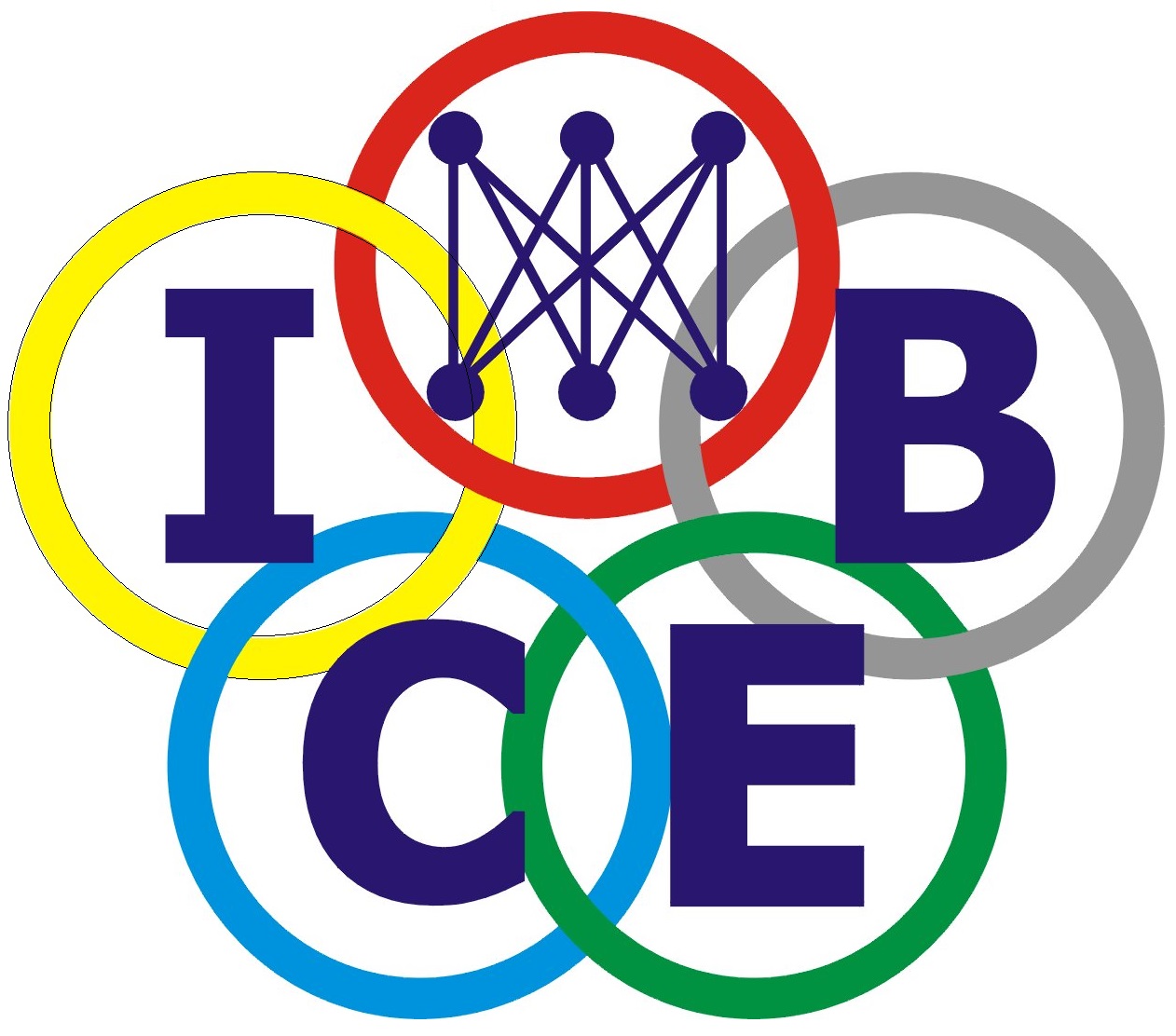Document Type
Article
Abstract
The perception of fit between two entities in a brand alliance is an important factor in affecting consumers’ evaluations of the partnership. Drawing from goal theories, the authors examine the role of consumption goals in driving consumers’ fit perceptions in the context of hotel-restaurant brand alliances. In particular, they study two types of consumption goals—hedonic and utilitarian. The authors argue that consumption goals moderate the effect of image congruency on consumers’ perceived fit between a hotel and a restaurant in an alliance. The results of this study indicate that a partnership involving incongruent brand images between a hotel and a restaurant can enhance the perceived fit ratings. However, the types of consumption goals seemed to moderate these effects. Specifically, our results show that incongruent brand images enhance consumers’ perception of fit for hedonic consumption goals. Conversely, incongruent brand images failed to influence perceived fit ratings in the utilitarian goal condition. The findings of this study have several important implications for service organizations in search for ideal brand alliance partners.
Recommended Citation
Boo, Huey Chern and Mattila, Anna S., "Effect of Hedonic and Utilitarian Goals in Similarity Judgment of a Hotel-Restaurant Brand Alliance" (2003). ICEB 2003 Proceedings (Singapore). 144.
https://aisel.aisnet.org/iceb2003/144


